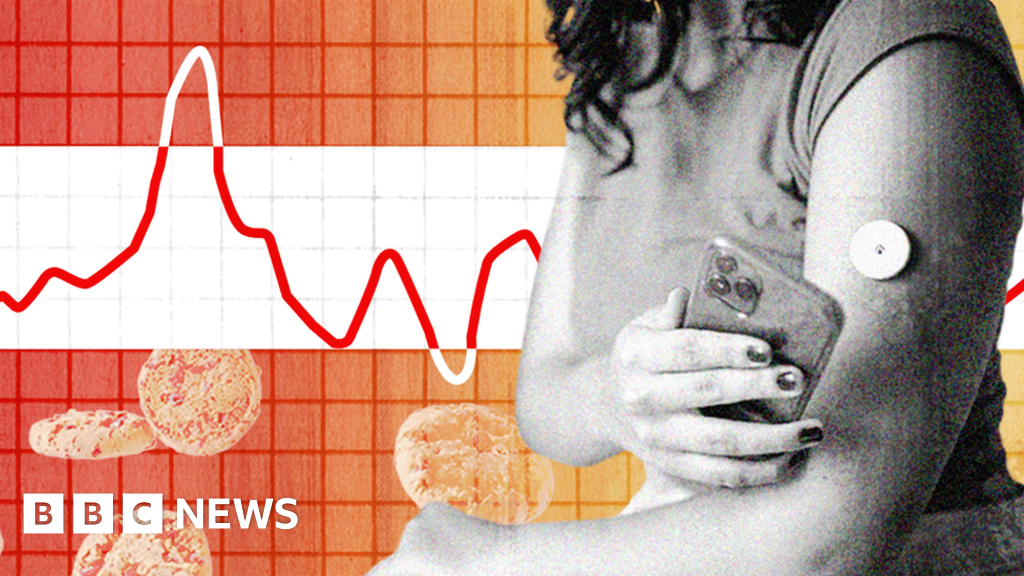Amity Island
Well-Known Member
- Relationship to Diabetes
- Type 1
Blood sugar monitors are unnecessary for people without diabetes and could, in extreme cases, fuel eating disorders, leading doctors have warned.
They are part of a personalised diet trend, promoted on social media and spearheaded by companies including ZOE.
But NHS national diabetes advisor Prof Partha Kar said there is no strong evidence the gadgets help people without the condition.
ZOE said research is at an early stage but is "cutting edge".

They are part of a personalised diet trend, promoted on social media and spearheaded by companies including ZOE.
But NHS national diabetes advisor Prof Partha Kar said there is no strong evidence the gadgets help people without the condition.
ZOE said research is at an early stage but is "cutting edge".

Doctors question science behind blood sugar diet trend
Experts say there is "no strong evidence" the monitors, proven to be effective in managing diabetes, can also help people without the condition.
www.bbc.com

